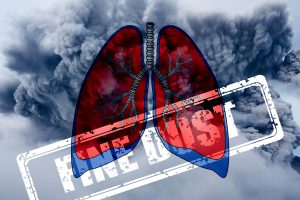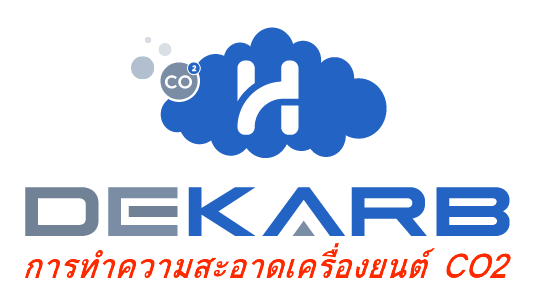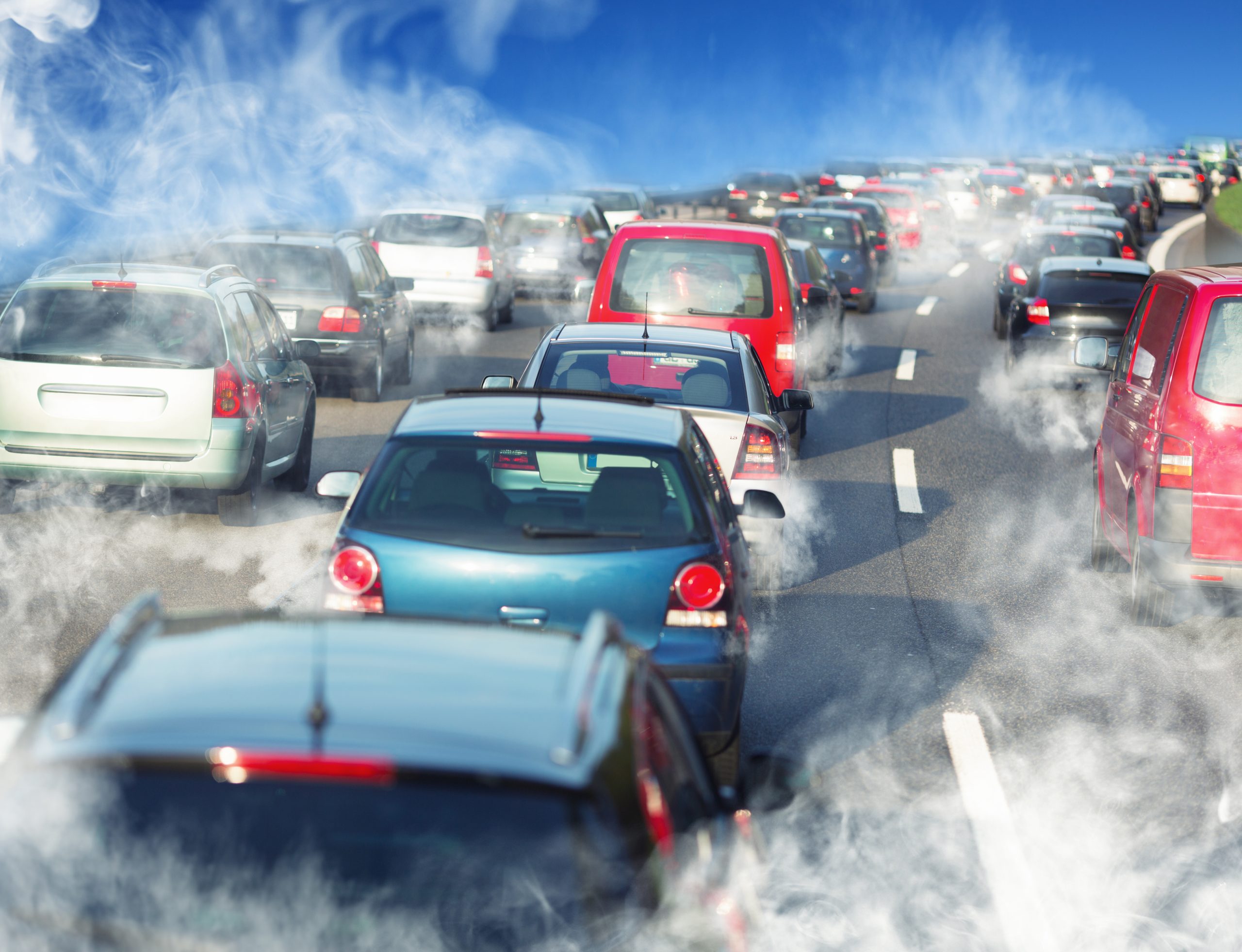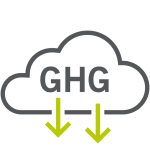Tackling PM2.5 Pollution: Thailand’s Quest for Cleaner Air
In recent years, Thailand has been grappling with a persistent and concerning issue: PM2.5 pollution. This microscopic particulate matter, measuring less than 2.5 micrometers in diameter, poses serious health risks as it can penetrate deep into the lungs and bloodstream, causing respiratory problems, cardiovascular diseases, and even premature death. As the nation battles this environmental challenge, urgent measures are needed to safeguard public health and mitigate the adverse effects of air pollution.
Thailand’s struggle with PM2.5 pollution is not new. Factors such as vehicular emissions, industrial activities, agricultural burning, and urbanization contribute to the accumulation of fine particulate matter in the atmosphere. During the dry season, exacerbated by weather conditions like temperature inversion and stagnant air, PM2.5 levels often soar to hazardous levels, enveloping cities and regions in a thick haze of pollution.
The consequences of prolonged exposure to PM2.5 pollution are profound and far-reaching. Health experts warn of increased respiratory infections, aggravated asthma symptoms, and higher incidences of lung cancer among exposed populations. Vulnerable groups such as children, the elderly, and individuals with pre-existing health conditions are particularly susceptible to the adverse effects of air pollution, amplifying concerns for public health and well-being.
 Amidst these challenges, innovative solutions are emerging to combat PM2.5 pollution and promote environmental sustainability. One promising approach is the adoption of HHO (Hydrogen-Hydrogen-Oxygen) technology, which offers a cleaner and more efficient alternative for reducing greenhouse gas emissions and improving air quality. HHO services utilize hydrogen gas to optimize combustion in internal combustion engines, resulting in reduced emissions of harmful pollutants such as carbon dioxide (CO2), nitrogen oxides (NOx), and particulate matter.
Amidst these challenges, innovative solutions are emerging to combat PM2.5 pollution and promote environmental sustainability. One promising approach is the adoption of HHO (Hydrogen-Hydrogen-Oxygen) technology, which offers a cleaner and more efficient alternative for reducing greenhouse gas emissions and improving air quality. HHO services utilize hydrogen gas to optimize combustion in internal combustion engines, resulting in reduced emissions of harmful pollutants such as carbon dioxide (CO2), nitrogen oxides (NOx), and particulate matter.
By integrating HHO technology into existing automotive systems, vehicles can achieve cleaner and more efficient combustion, leading to lower levels of harmful emissions and improved fuel efficiency. This innovative solution not only benefits individual vehicle owners but also contributes to broader environmental objectives by reducing the carbon footprint of transportation and mitigating the impact of air pollution on public health and the environment.
As Thailand continues its efforts to address PM2.5 pollution and enhance air quality, the adoption of sustainable technologies like HHO services holds promise for a cleaner, healthier future. By harnessing the power of hydrogen to reduce emissions and promote environmental stewardship, Thailand can pave the way towards a more sustainable and resilient society, where clean air is a fundamental right for all.
Leave a Comment Cancel Comment
Search
Latest Post
Most Commented
Categories
- Car care (2)
- Environment (7)
- General (1)
- HHO Cleaning Service (4)
- mobile (1)
- Smokey exhaust (2)
- Uncategorized (4)
Popular Tags
Join the conversation!
Share your ideas, special requests, questions, or new topics you’d like to see covered in our blog. Your input helps us create content that’s valuable and relevant to you.









